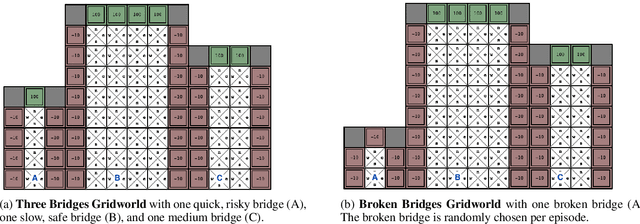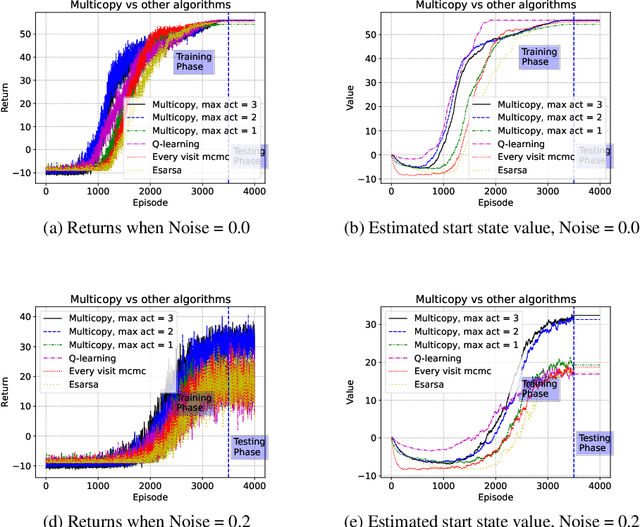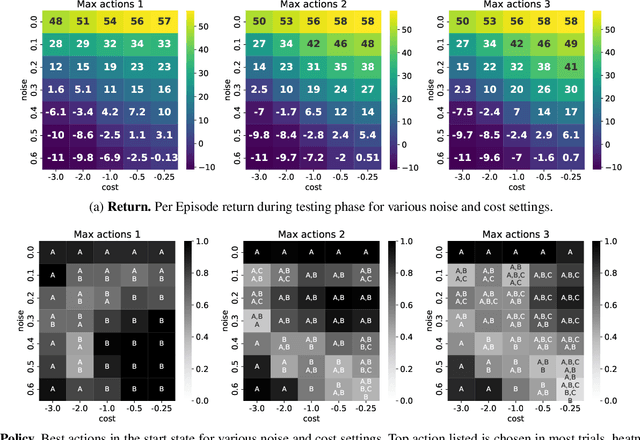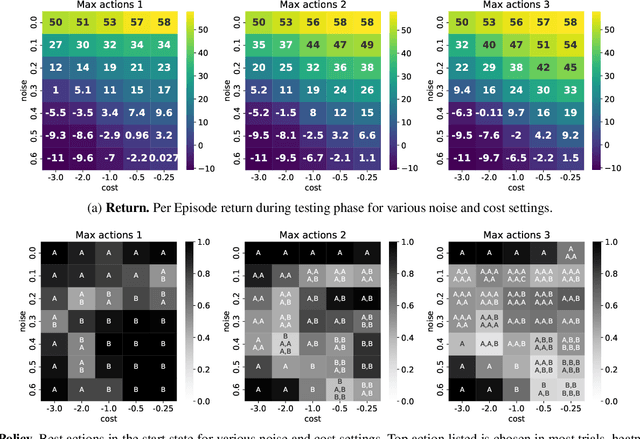Multicopy Reinforcement Learning Agents
Paper and Code
Sep 19, 2023



This paper examines a novel type of multi-agent problem, in which an agent makes multiple identical copies of itself in order to achieve a single agent task better or more efficiently. This strategy improves performance if the environment is noisy and the task is sometimes unachievable by a single agent copy. We propose a learning algorithm for this multicopy problem which takes advantage of the structure of the value function to efficiently learn how to balance the advantages and costs of adding additional copies.
 Add to Chrome
Add to Chrome Add to Firefox
Add to Firefox Add to Edge
Add to Edge